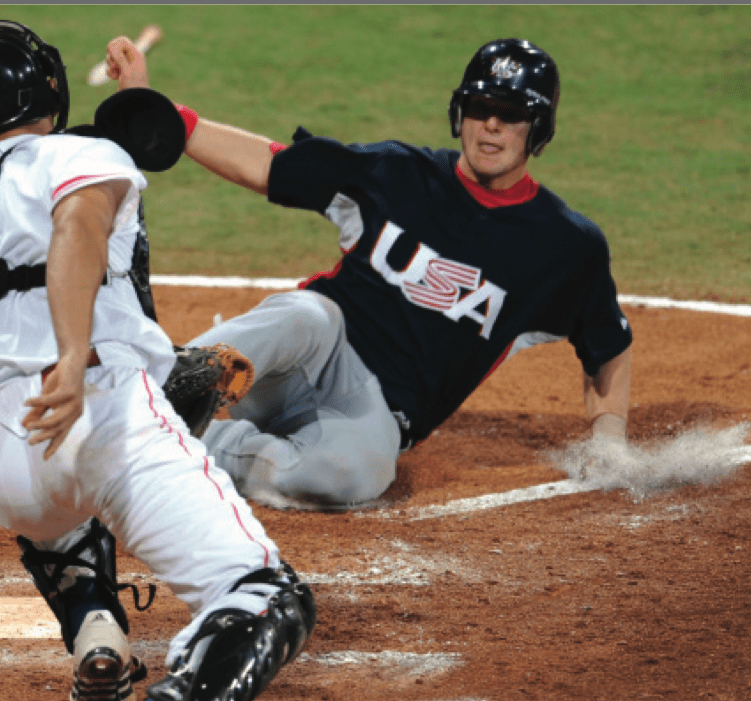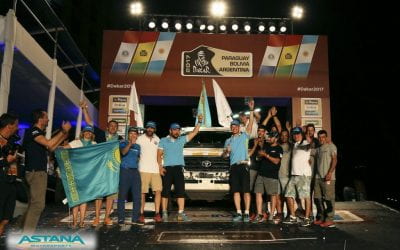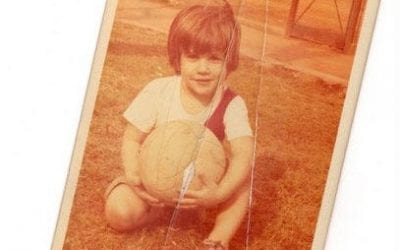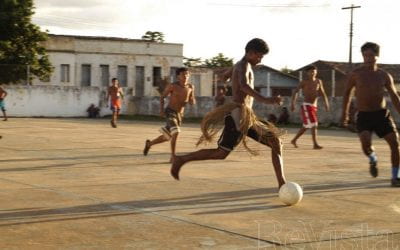Cuban catcher Ariel Pestano, “El Veterano” on the field with U.S. Player.
Not many visitors to Havana make their way to the back streets of Marianao, but when I took my first trip to Cuba in 1974, it was high on my list. I was carrying gifts from Red Sox pitcher Luis Tiant to his parents, whom he had not seen in years.
It was exceedingly difficult for Americans to travel to Cuba in those days. My campaign for a visa took several years. When it finally succeeded, I called my old Spanish teacher from Brookline High School in Massachusetts to tell him the news.
My teacher, Felix Fernández, was born in Cuba and had been involved in Castro’s revolution before becoming disillusioned and moving to the United States. He had played baseball in those early days, and while living in Brookline, he picked up extra cash by working as a batting practice pitcher for the Red Sox. Naturally he was friendly with Tiant, the only Cuban on the team.
Not long after I gave Felix the news of my visa, he called back with an unexpected proposition. He had mentioned my planned trip to Tiant, and Tiant wondered whether I might take a suitcase to his aging parents.
Naturally I was thrilled with the prospect of a connection to this Boston icon at the peak of his popularity. We met one evening at his home in Milton, shared a drink or two, and played a bit of billiards. Then Tiant brought out the suitcase. To assure me that my mission would be innocent, he opened it for me and showed me what was inside. There was a leisure suit, a couple of shirts, and a few trinkets.
Tiant told me that he missed his parents, and lamented that political trouble had made it impossible for his family to reunite. I said I’d be happy to serve as his messenger and courier.
After arriving in Cuba, I checked into the Rivera Hotel, built by the gangster Meyer Lansky as part of his plan to turn Havana into the Sin City of the Western hemisphere. On one of my first evenings there, I found a taxi and told the driver I wanted to go to Marianao, formerly a suburb but now absorbed into Havana. He assumed I was on my way to the Tropicana nightclub, the neighborhood’s only tourist attraction. I pulled out the piece of paper on which Tiant had written the address of his parents. The driver was surprised but agreed to take me.
We made our way through the twilight and found our destination. The elderly couple was surprised to see me, and even more so to hear why I had come. They received the suitcase, looked briefly inside, then asked me to sit and share a fruit drink.
Tiant’s father, also named Luis, had been one of Cuba’s baseball heroes. From the 1920s to the 1940s he spent winters pitching for Cienfuegos and summers with the New York Cubans of the Negro League. His son took up baseball at an early age and emerged as a Little League star in the 1950s. The young man then played in the Mexican League, arriving in the United States under contract to the Cleveland Indians in 1961. That year’s Bay of Pigs invasion sharply increased tensions between Havana and Washington, and he did not return home because he feared the Cuban government might not let him go back to the United States. I was eager to hear stories about the elder Tiant’s career, for he had been a huge star in a baseball-mad country. He spoke reluctantly, under prodding from his wife. They wanted to hear about their son.
To my surprise, they did not ask a single question about his accomplishments on the field. They were only interested in his character and reputation. Did he behave himself, or was he sometimes in trouble? Did fans respect him? Did he treat other people well? I assured them that he was a model citizen much beloved in Boston.
As I rode back to the Riviera, I wondered if my visit might be the last contact this famous son would ever have with his parents. A few months later I was thrilled to read that, through the intercession of Senator George McGovern, Fidel Castro had agreed to allow the parents to fly to Boston. They made the trip. On August 26, 1975, the old man was given a huge ovation as he strolled out to the pitcher’s mound at Fenway Park. When he threw the ceremonial first pitch that day, a baseball story that had extended across nations and decades finally came to a happy end.





